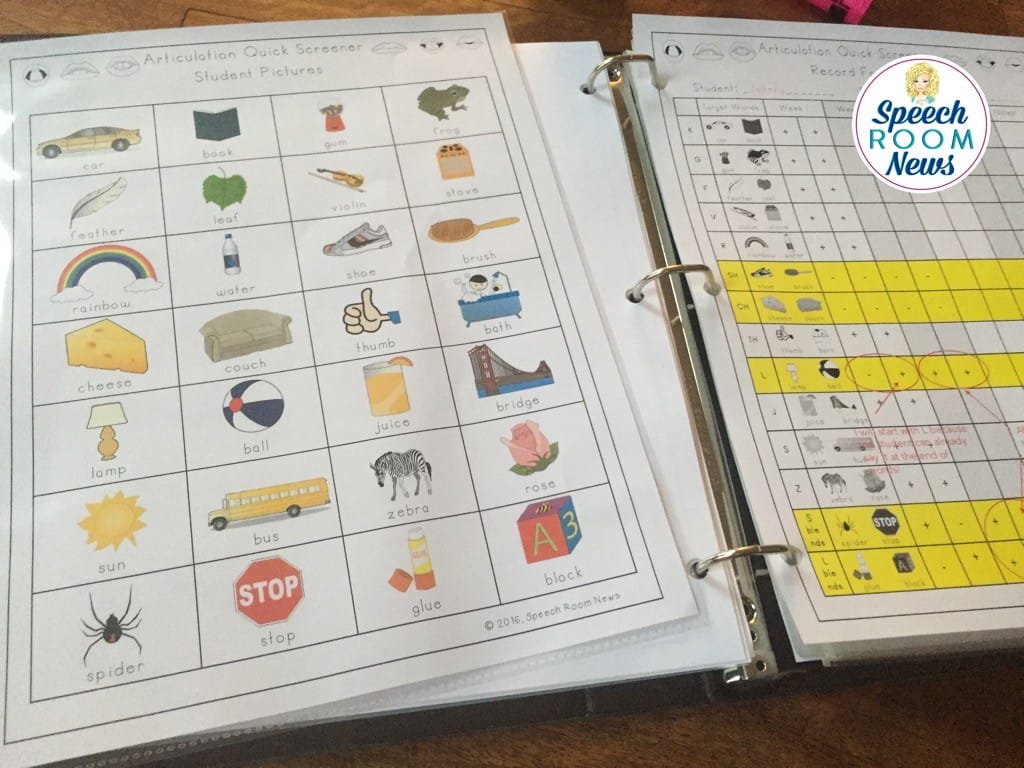Worried your child might have some trouble pronouncing certain words? Wondering if their speech is developing as expected? Communicating clearly is essential for kids—it helps them connect with others, learn effectively, and build confidence. This comprehensive guide walks you through everything you need to know about articulation screeners, simple checks to assess how your child’s speech sounds are progressing. We’ll cover different types of screeners (including free, readily available options!), how they work, and what to do if you have any concerns. Empower yourself with the knowledge to support your little one’s journey towards clear and confident communication.
Understanding Articulation Screeners
What exactly is an articulation screener? It’s a quick, easy check-in on how a child is producing speech sounds, like a “first glance” to see if their pronunciation is on track. Think of it like a routine checkup—preventative care can make a big difference. Articulation screeners help identify potential speech sound errors early on, which is key for effective intervention. Is Your Child’s Speech on Track? Using Articulation Screeners at Home & School
Why Are Screeners Important?
Early intervention is crucial when addressing speech sound errors. Just like it’s easier to fix a small crack in a sidewalk than a giant pothole, addressing speech concerns early can prevent bigger challenges later on. Screeners empower parents and educators to take proactive steps in supporting a child’s communication development. Quickly identify potential speech sound disorders in children with free, accessible articulation screeners.
Types of Articulation Screeners
Just like there are different tools for different jobs, there are various types of articulation screeners:
Formal Screeners: These standardized tests, often administered by speech-language pathologists (SLPs), provide detailed information and are typically part of a comprehensive assessment. Examples include the Goldman Fristoe Test of Articulation and screeners often included within comprehensive language assessments, such as the PLS-5 articulation screener. The full PLS-5 assessment itself includes components addressing a broad range of language skills beyond just articulation, such as auditory comprehension and expressive communication.
Informal Screeners: These readily available checklists, word lists, or observation forms offer a quick and easy way to get a general idea of a child’s speech sound development. Some excellent resources for informal screeners can be found at sites like Mommy Speech Therapy and Little Bee Speech.
Word Level vs. Sentence Level: Some screeners focus on sounds in single words (like “cat,” “dog,” “sun”), while others evaluate sounds in connected speech (like, “The cat sat on the mat.”). Sentence-level assessment provides a more natural view of a child’s functional speech abilities, often revealing patterns not apparent in single-word tests. Resources like Teachers Pay Teachers (TPT) sometimes offer articulation screeners covering both word and sentence levels.
App-Based Screeners: These digital tools use interactive activities and games to assess articulation, sometimes even offering automated scoring.
How Screeners Work
Most screeners involve showing a child pictures or asking them to repeat words or sentences. The administrator listens for sound errors, such as substitutions (“wabbit” for “rabbit”), omissions (leaving out sounds), or distortions (sounds that are close but not quite right).
Interpreting Results & Next Steps
It’s essential to remember that articulation screeners are not diagnostic tools. They simply indicate whether a more comprehensive evaluation by a qualified SLP might be beneficial. Even if a child “passes” a screening, it doesn’t guarantee perfect speech. Conversely, not “passing” doesn’t automatically mean a speech sound disorder. Go beyond simple screenings: Understand how articulation screeners fit into a comprehensive speech evaluation.
When to Consult an SLP
If a screener highlights concerns or if you’re unsure about your child’s speech, consult an SLP. They can provide a thorough assessment, answer your questions, and create a personalized plan if needed.
Addressing Parental Concerns
It’s completely normal to feel anxious about your child’s speech development. Many speech sound errors are developmentally appropriate and resolve on their own. However, if a screener raises any flags, don’t hesitate to reach out to a professional. SLPs can offer reassurance, guidance, and support.
The Big Picture: Articulation, Literacy, and Beyond
Clear articulation plays a vital role in literacy development. Strong speech skills form the foundation for reading and writing. Early intervention can significantly impact a child’s academic success.
Cultural and Linguistic Considerations
A child’s cultural and linguistic background influences their speech. Variations in pronunciation don’t always indicate errors. Clinicians like SLPs must consider the child’s individual context during assessment.
Social and Emotional Impact
Articulation difficulties can sometimes affect a child’s self-esteem and social interactions. Early identification and support create positive communication experiences, fostering confidence.
Ongoing Research
The field of speech-language pathology is constantly evolving. Ongoing research explores the complexities of speech development, leading to improved support for children with communication difficulties.
Free Articulation Screener Resources
Free and paid articulation screener resources available for download: Word lists, sentence level tests, and more. Many free resources are available online, offering a convenient starting point:
- Mommy Speech Therapy: Provides printable screeners focusing on consonant sounds and blends.
- Little Bee Speech: Offers a free, downloadable PDF screener.
- Teachers Pay Teachers (TPT): Often features printable screeners covering word and sentence levels, sometimes for a small fee.
- Adventures in Speech Pathology: Provides a collection of free materials, including informal screener scenes and worksheets.
- Playing Speech: Offers a comprehensive informal screener assessing phonological processes, vowels, and complex clusters.
- NHS (Child Speech Bedfordshire): Offers a “Speech Sounds Toolkit” with resources for identifying speech difficulties.
Remember, these free resources can provide a starting point but do not substitute a professional consultation. A qualified SLP can offer an in-depth assessment to inform individualized treatment plans and set appropriate goals.
Conclusion
Articulation screeners are valuable tools for early identification, equipping parents and educators to support children’s communication development. Use them wisely, and remember the value of professional guidance when needed. Fill your home with the warm, inviting scent of bayberry candles this season, and create a nurturing environment for communication growth. By working together, we can help every child find their voice and communicate with confidence.
- Discover Long Black Pepper: Flavor & Health Benefits - April 25, 2025
- Shocking Twists: The Grownup Review: Unreliable Narration - April 25, 2025
- A Quiet Place Book vs Movie: A Deep Dive - April 25, 2025
















